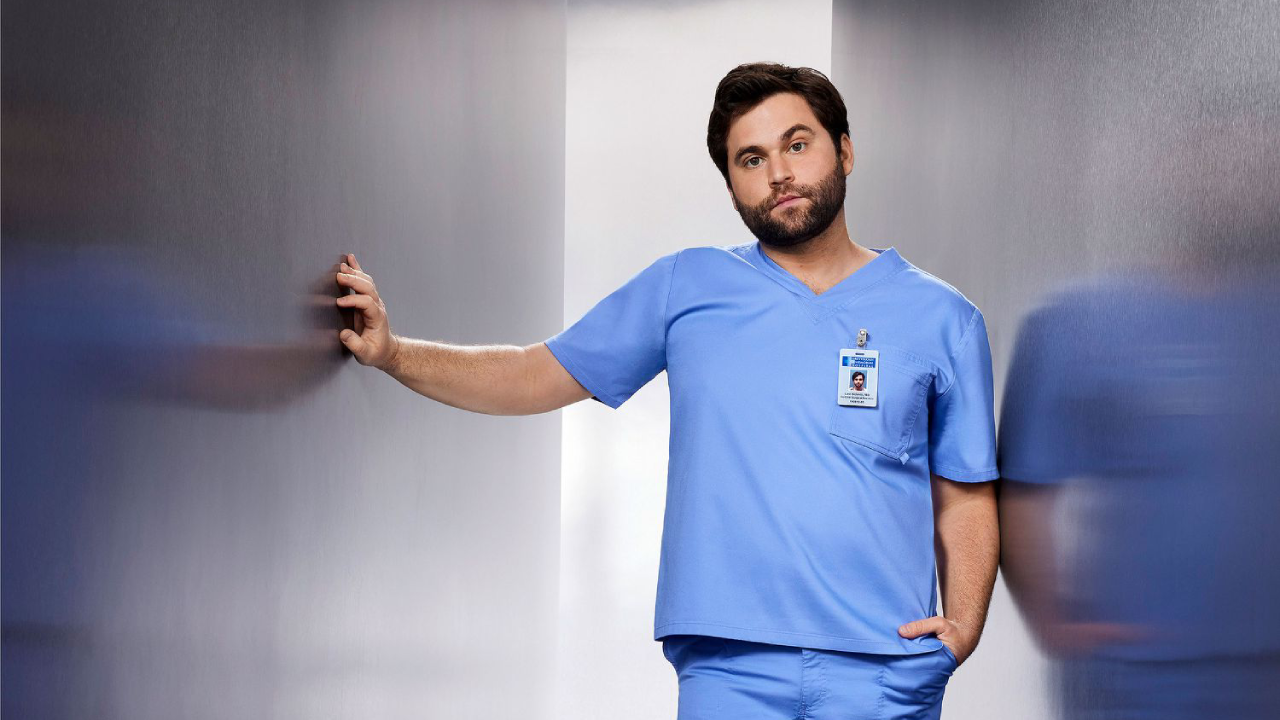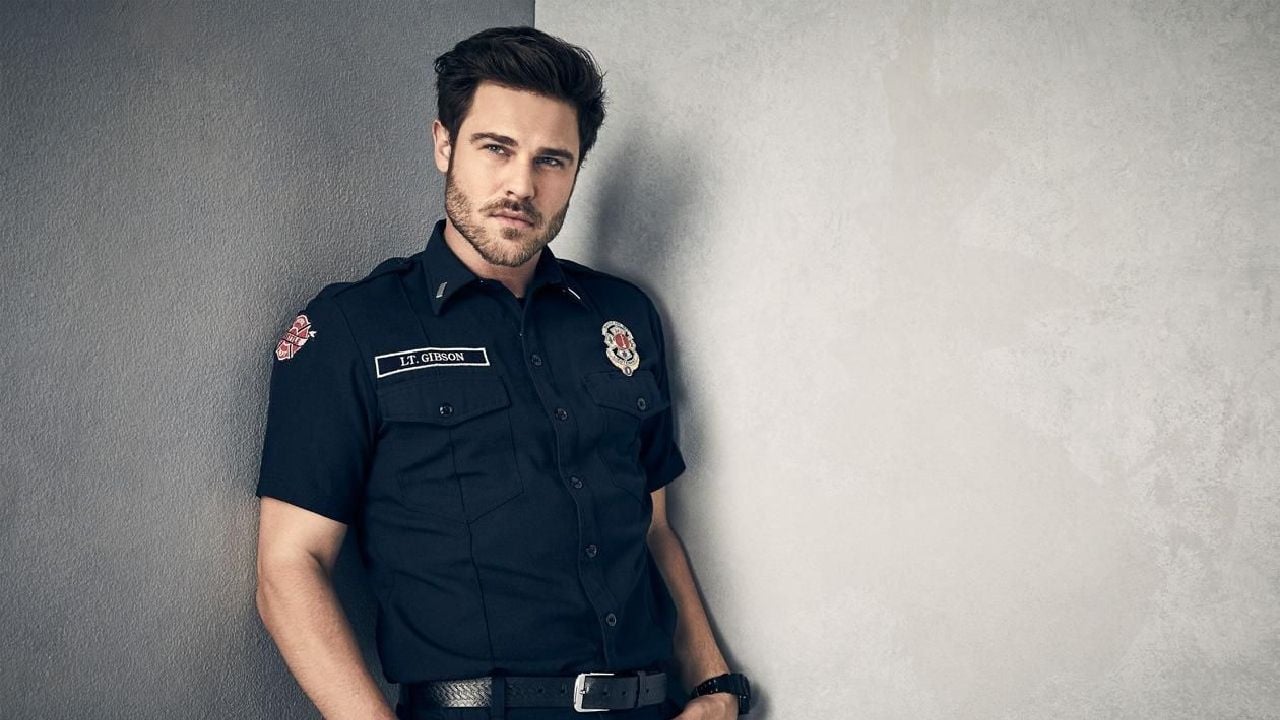With an all-female team of writers and directors, ‘The Power’ is not about misogyny but about power.
SUBSCRIBE TO AMAZON PRIME VIDEO
In numerous reviews, the premiere of ‘The Power’, from Prime Video, has been compared with ‘The Handmaid’s Tale’ (available in Spain through HBO Max). Both are powerful feminist fables about the abuse women face at the hands of men, and in worlds recognizably close to our own.
Also, Naomi Alderman, author of the source novel ‘The Power’, was famously mentored through its creation by Margaret Atwood, who wrote ‘The Handmaid’s Tale’. The stories share raw material, most notably righteous female anger and an eye for misogyny.
But where ‘The Handmaid’s Tale’ restricts its baroque vision of oppression and violence to incidents that have actually occurred in one place or another throughout human history, ‘The Power’ has an even more fantastical premise, in where young women around the world simultaneously develop the ability to generate, and direct, electricity from their bodies, giving them real, tangible power over men.
‘The Handmaid’s Tale’ is a story of oppression and resistance, concerned with witnessing misogyny, documenting it, and telling the story of women struggling to overcome it. ‘The Power’, however, is more ambitious. But we’re not talking about comparing the quality of the two series, because what would be the point of that, except to pit women against women, once again?
It begins as a classic empowerment story, with teens like abused orphan Allie and Roxy, an underappreciated and overlooked gangster’s daughter, quickly realizing the personal and revolutionary potential of their newfound power. It highlights the microaggressions, the reassuring smiles that litter women’s daily experience, and offers a glimpse of an alternative where women have the upper hand.
Then the series changes to something else. Because where ‘The Handmaid’s Tale’ deals specifically with misogyny, ‘The Power’ only uses it at the beginning. That may seem surprising, we are not blind, the series is obviously related to misogyny, but its real theme, as the title suggests, is power. And what Naomi Alderman and her all-female writing and directing team tell us is that power doesn’t care who’s using it.

‘The Power’ tells us that abuse of power is not exclusive to one person or gender (#NotAllWomen) and furthermore, you can’t abuse power because you’re never in control of it anyway. Power, like the One Ring, is always really using you.
Those who believe that a world dominated by women would be kinder, more cooperative, more empathetic, might be disappointed in Alderman’s vision of the new regime. We won’t get into spoilers (the first season only adapts the first part of the book), but suffice to say that there’s a strong ‘meet the new boss’ feeling in the air, and future seasons, should they materialize, are they will likely address that further.

Allie, deliberately renaming herself Eve, is driven by a voice in her head to a state she would never have dreamed of, and whose voice is it? At first it sounded like Allie’s subconscious, perhaps, or like an embodiment of ancient feminine wisdom. But that’s lazy thinking on our part based on a racist cliché.
Allie’s inner voice isn’t always wise and isn’t necessarily helpful. She has her own agenda, so we suggest that her voice isn’t really a part of her, but rather her power. Power wants to be used. Alderman herself makes a surprisingly clear point at the beginning of the novel: “The form of power is always the same.” Power, she says and we paraphrase, takes the form of a tree, or lightning, or a river from its sources to the sea: from tiny tendrils to branches to the main course, from the small to the great, from the weak. to the strong It always arises to find itself, to gather and center itself. No matter what your gender, race, class, or even your species, the same pattern always emerges if left unchecked.
Which takes the issue beyond gender politics and raises universal questions for both the series’ characters and viewers. Namely: what power do I have? And what am I going to do with it?
The first three episodes of ‘The Power’ are already on Amazon Prime Video, with new episodes every week.
Source: Fotogramas
Rose James is a Gossipify movie and series reviewer known for her in-depth analysis and unique perspective on the latest releases. With a background in film studies, she provides engaging and informative reviews, and keeps readers up to date with industry trends and emerging talents.






